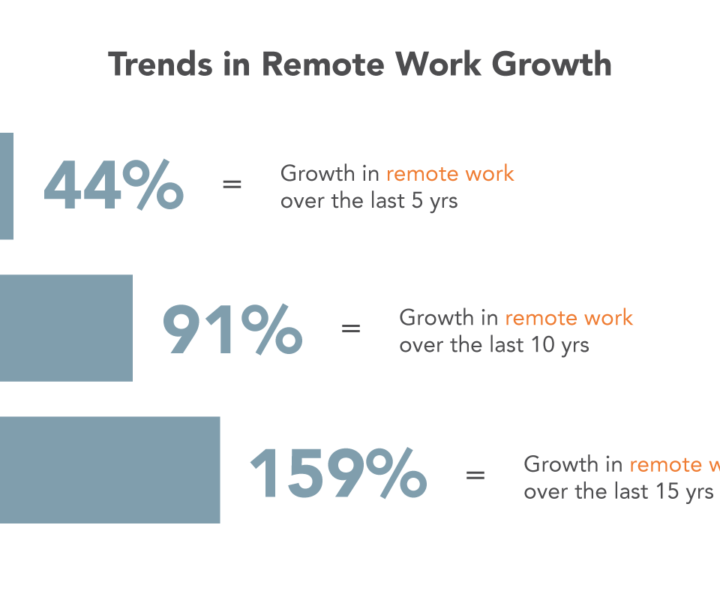We often hear the phrase “treat yourself” and associate it with a simple reward like a sweet treat. But what does it really mean? Beyond the cliché, there’s a scientific basis for rewarding yourself after achieving goals. It’s a powerful tool for motivation, stress reduction, and overall well-being.
When we accomplish something, our brains release dopamine, a neurotransmitter associated with pleasure and reward. According to Forbes, this positive reinforcement encourages us to repeat behaviors that lead to success. By rewarding ourselves, we’re essentially amplifying the dopamine response, making it more likely that we’ll continue to strive towards our goals.
When asked if rewarding oneself helps them feel more motivated to set new goals, 72.2% of Digital Corps students answered yes.

Celebrating our achievements can also help reduce stress and improve mental health. When we feel overwhelmed or burnt out, taking time to acknowledge our progress can provide a much-needed boost. It reminds us of our capabilities, helps us maintain a positive outlook, and allows us to express gratitude to ourselves.
In the same survey, a Digital Corps student said, “Treating myself to a new book when I hit a goal keeps me excited to set more. I love reading, so knowing there’s a new book waiting for me makes reaching each goal even more rewarding.”
Recognizing and rewarding your accomplishments creates a positive cycle of reinforcement. Another way to celebrate your accomplishments is telling your friends, family, or coworkers. If you tell them your goals, they can also help hold you accountable when it’s time to reward yourself!
Tips for Rewarding Yourself
While most Digital Corps students choose to reward themselves weekly, it’s essential to match your rewards with the timeline of your goals.

Identify Your Rewards: What brings you joy? It could be something simple like watching a movie or getting a sweet treat or if you achieve a larger goal, you can set larger rewards.
Make It Meaningful: Choose rewards that are meaningful to you and align with your values, not everyone’s rewards will be the same.
Celebrate Small Wins: Acknowledge and celebrate small victories along the way with small rewards and save your big rewards for the big wins!
Avoid Guilt: Remember, rewarding yourself is not selfish. It’s a healthy way to maintain motivation and prevent burnout.
Whether you’re a college student working towards a degree or a professional in the workforce, self-recognition and rewards are essential tools for success. By taking the time to celebrate your achievements, you’re investing in your mental health and setting yourself up for future accomplishments.



